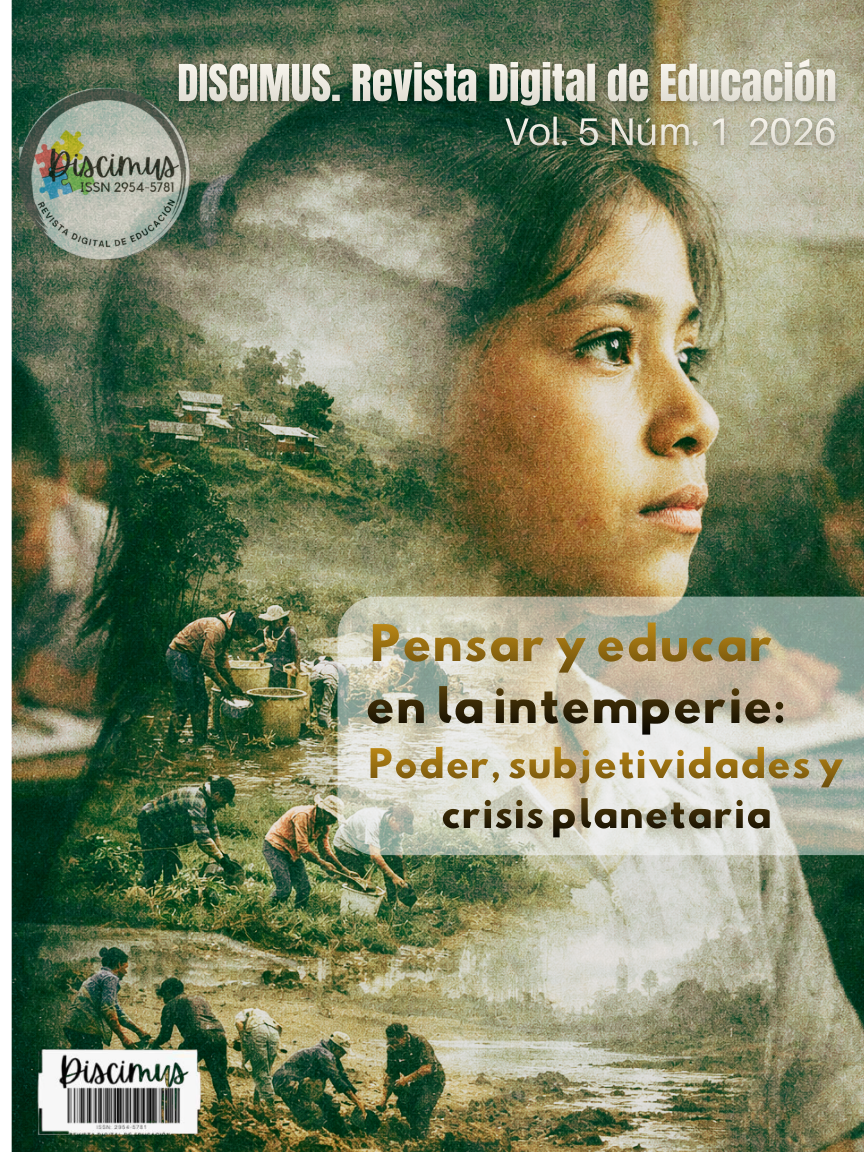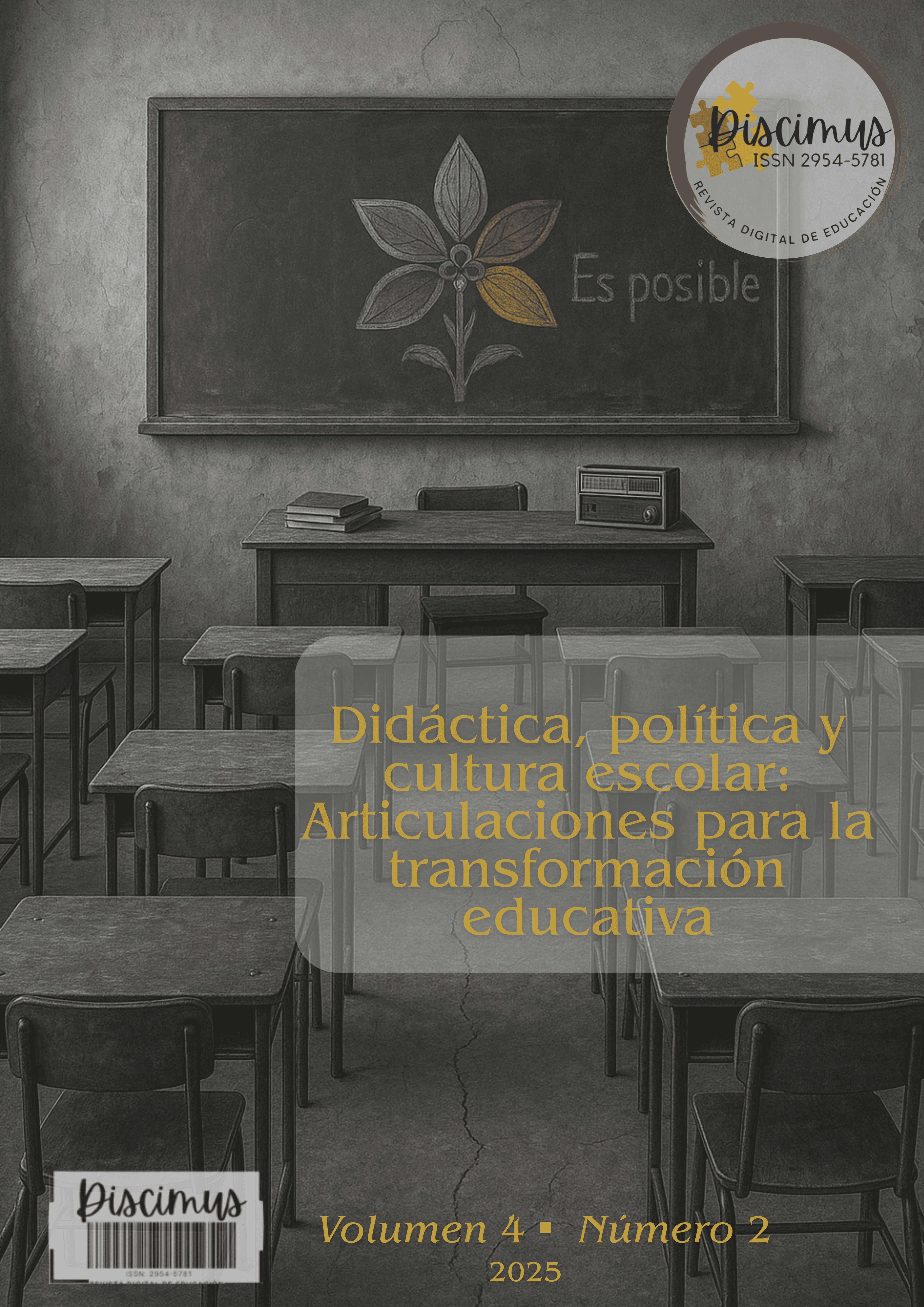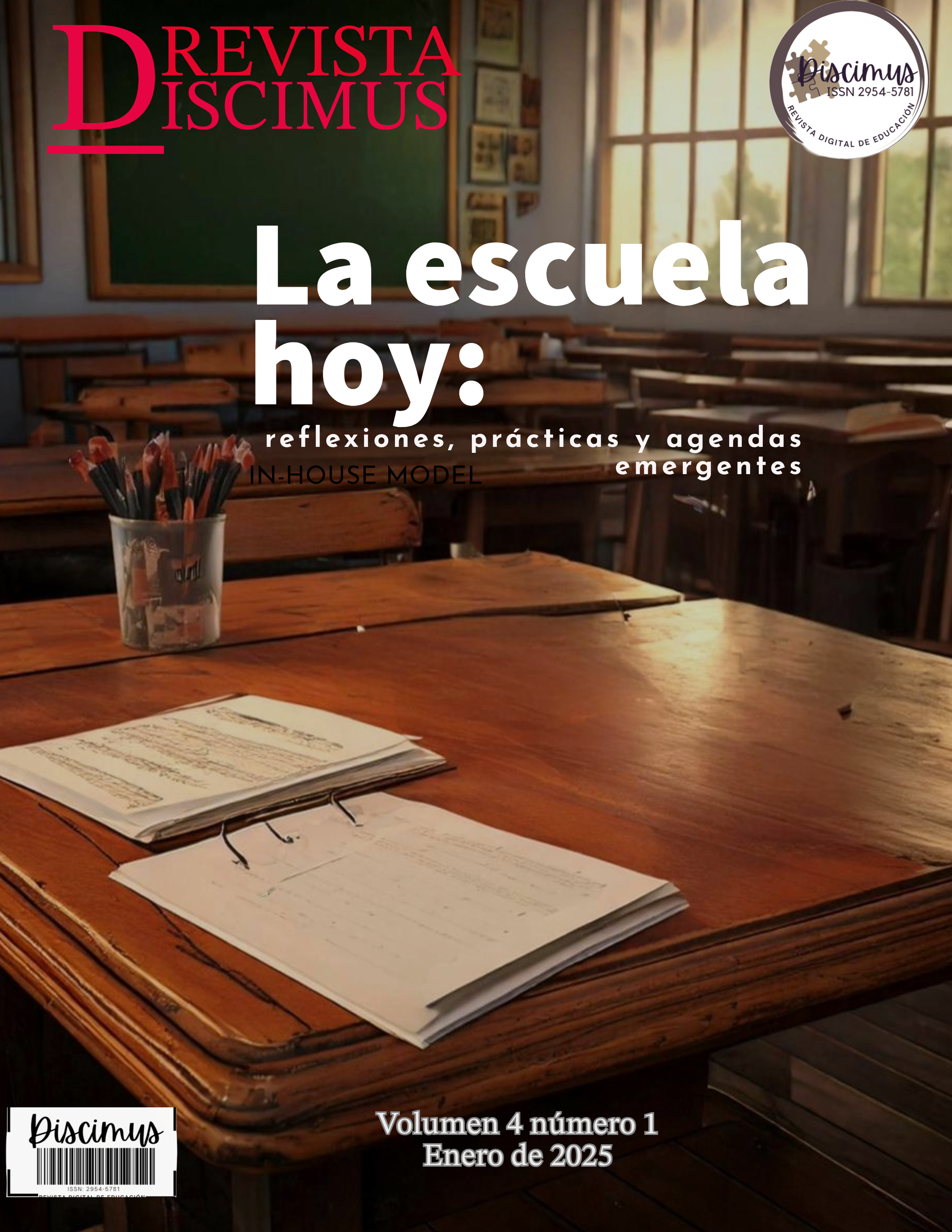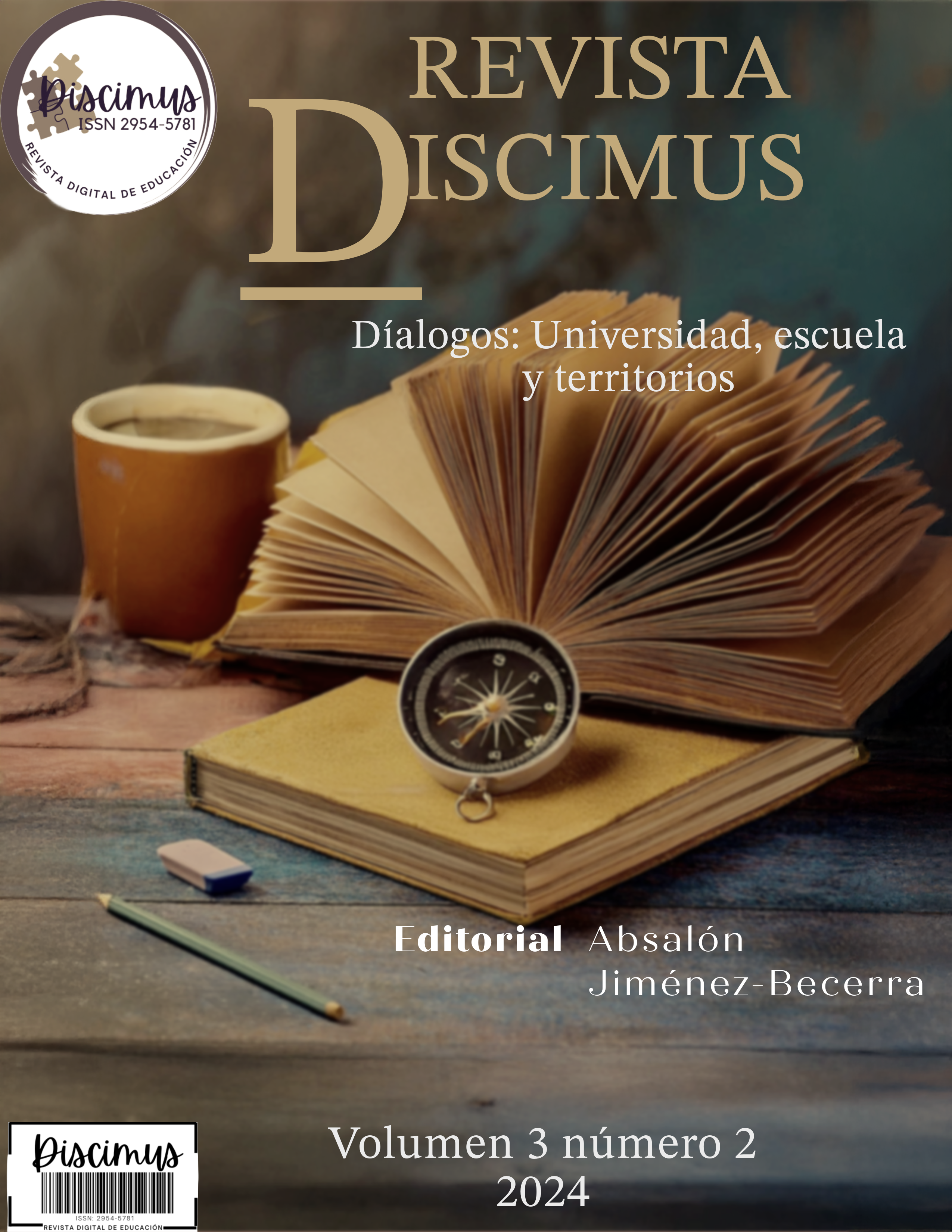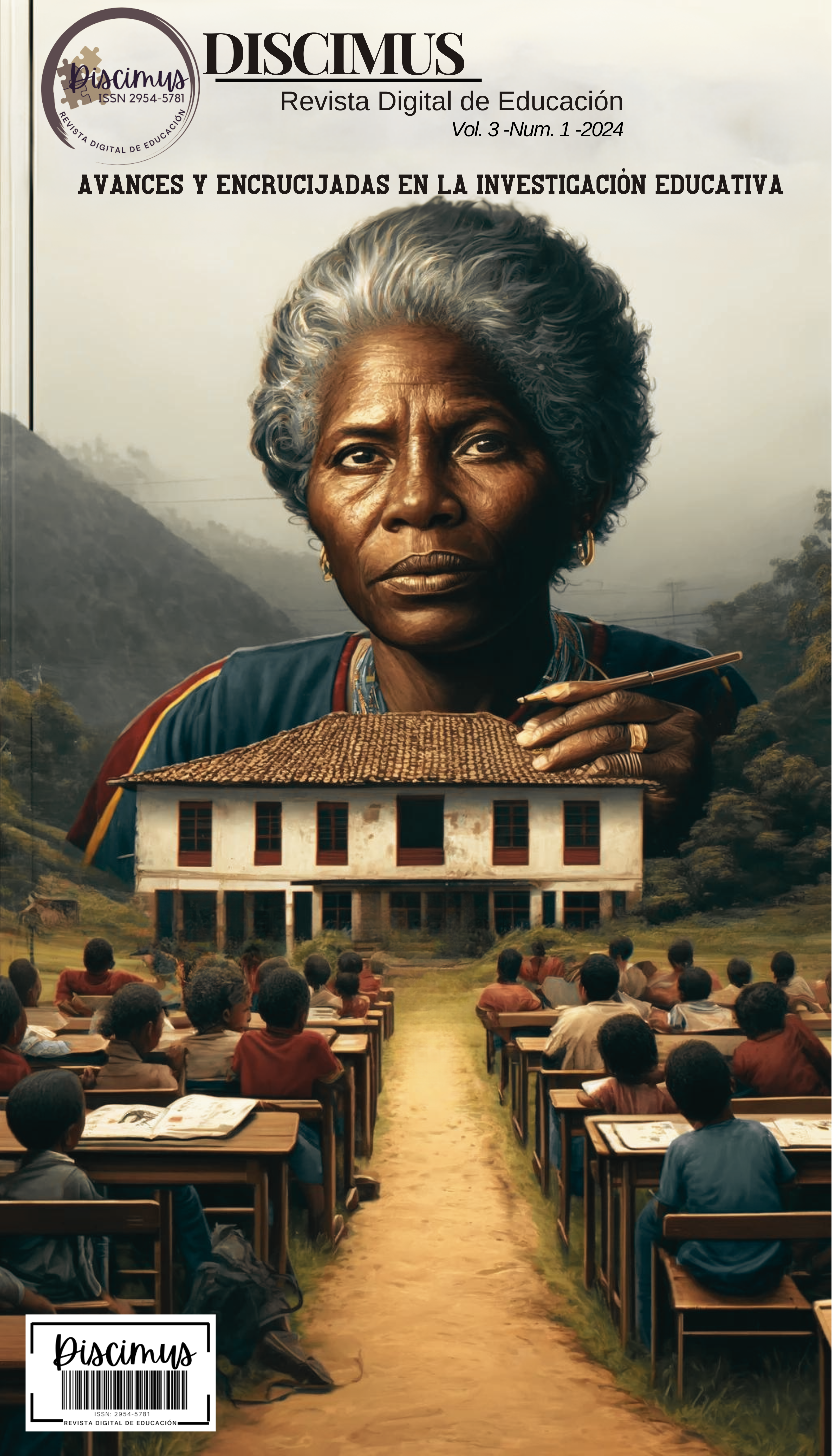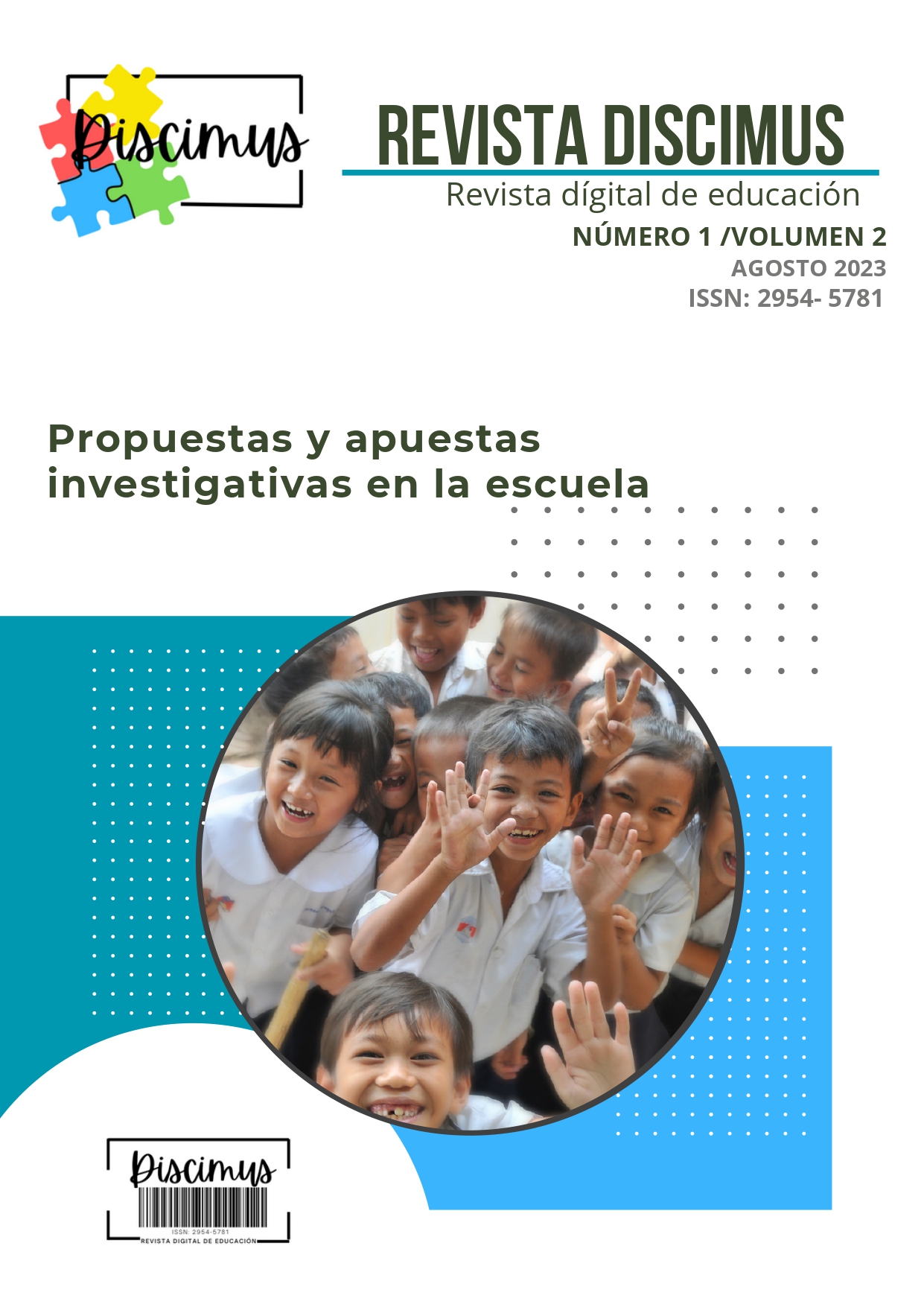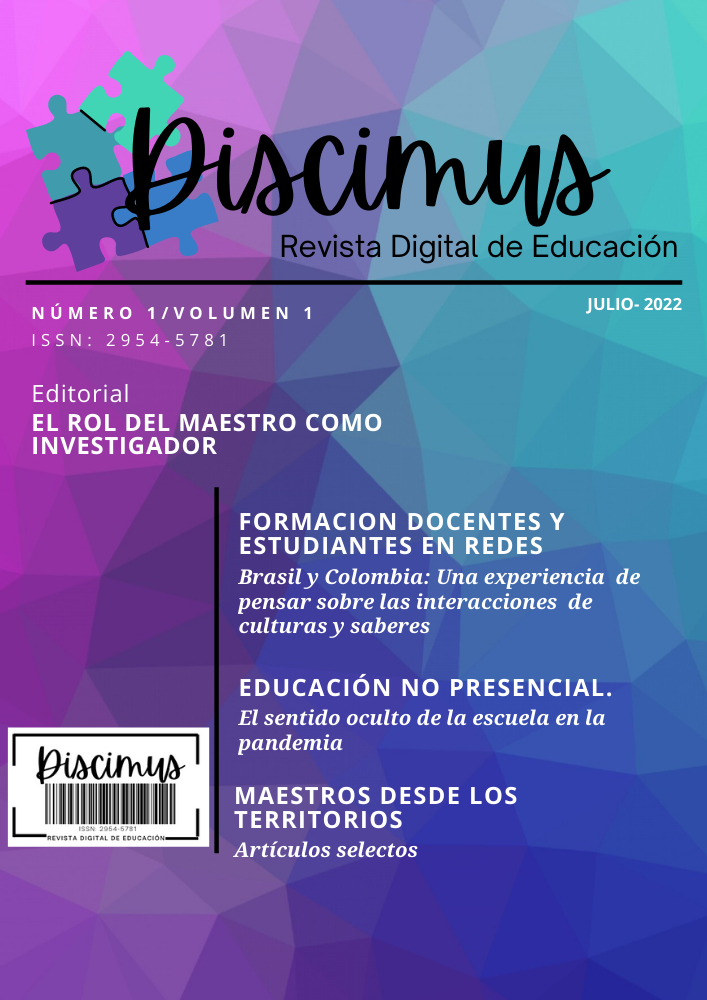Pensar y educar en la intemperie. Poder, subjetividades y crisis planetaria
Vol. 5 No. 1 (2026)
Didactics, politics, and school culture: articulations for educational transformation.
Vol. 4 No. 2 (2025)
Vol. 4 No. 2 (2025), titled "Didactics, Politics, and School Culture: Articulations for Educational Transformation", brings together a series of works that critically explore the intersections between pedagogical practices, power structures within the school environment, and cultural expressions that shape educational experiences in diverse contexts. This issue is conceived as a space for dialogue among situated knowledge, applied research, and theoretical reflections that advocate for an educational transformation grounded in social justice, inclusion, and the recognition of difference. From a multidisciplinary perspective, it examines the tensions between institutional norms and teacher and student resistance, as well as the potential of didactics as a tool for pedagogical and political intervention.
The School Today: Reflections, Practices, and Emerging Agendas.
Vol. 4 No. 1 (2025)
Díalogos: universidad escuela y territorios
Vol. 3 No. 2 (2024)
El volumen 3 número 2 de la revista Discimus: Diálogos universidad, escuela y territorios representa un compromiso renovado con la ciencia abierta y la democratización del conocimiento. Esta edición reúne una serie de artículos que exploran la interconexión entre la academia, las escuelas y los territorios, destacando la importancia de romper las barreras que tradicionalmente han limitado el acceso a la información y el saber. Las autoras y autores abordan temas cruciales desde diversas perspectivas, fomentando un diálogo que invita a repensar el papel de las instituciones educativas en relación con el territorio.
Advances and Crossroads in Educational Research
Vol. 3 No. 1 (2024)
The journal Discimus presents in its latest edition a profound analysis on “Advances and Crossroads in Educational Research.” This issue stands out for its academic depth and commitment to open science, challenging traditional barriers to knowledge access. It opens with an editorial that critically examines the costs associated with academic publishing and advocates for a more inclusive and accessible model for all researchers and readers, reflecting a strong commitment to knowledge democratization, which is essential for advancing open science in education.
Among the featured articles, there is a study on alternatives in teaching time, based on the legacies of indigenous endurance, which not only recovers ancestral knowledge but also integrates it innovatively into the current curriculum. This intercultural approach is vital in the context of an education that seeks to be more inclusive and representative of the country’s cultural diversity.
Another significant article explores pedagogical strategies for developing new masculinities in rural communities, highlighting the importance of transforming gender dynamics from primary education. These studies provide a broad overview of the challenges and achievements in educational research and offer practical tools for implementing more equitable and effective educational policies.
The journal also includes literature reviews that address crucial topics, such as public policies on school coexistence in Latin America and the implementation of information and communication technologies (ICT) in the Colombian educational system. These analyses are fundamental for understanding the impact of educational policies on the quality and accessibility of education in the region.
¿Para qué investigar en la escuela hoy?
Vol. 2 No. 2 (2023)
La investigación en la escuela, por lo tanto, es una apuesta por la utopía en medio de la adversidad. No se trata solo de generar nuevo conocimiento, sino de imaginar y construir colectivamente formas de educación que inspiren a los estudiantes a soñar con un mundo diferente y, lo más importante, a trabajar para hacerlo realidad.
Este es el desafío y la promesa de la educación hoy: ser un faro de esperanza y cambio, un espacio donde, a través de la investigación y la reflexión crítica, podamos todos juntos aprender a construir esos mundos mejores que soñamos. En Discimus, creemos profundamente en este poder transformador de la educación. Es por esto que cada día, en cada aula, con cada pregunta de investigación, nos comprometemos a seguir explorando, cuestionando y soñando.

